These days, you will find that most automotive manufacturers opt for synthetic oils instead of the traditional sort and this isn’t too surprising. After all, there is a lot of evidence to prove that the synthetic oils are far superior, in a number of ways. With this information in hand, the only thing left for you to do is to choose the best synthetic oils available.
This, however, can be a more trying task to manage. Not only are there are numerous manufacturers producing this oil, it can be difficult to determine which oils actually live up to the hype. Considering that you probably don’t want to waste time and money trying to experiment with different brands, we took this challenge up for you.
Below, you will find the results and reviews for all of the synthetic oils that we examined. You will see just why we chose each of these options and even provided a buyer’s guide to make your selection process even easier.
Features to Consider in Good Motor Synthetic Oils
Here are the features and details that we deemed most important when choosing the best synthetic oils to use:
- Lubricating Power: since the main benefit of using synthetic oil is to create lubrication between car parts, it is important that the oil is able to thoroughly protect all the various mechanisms. What’s more, a good synthetic oil should be able to carry out these task for even longer, without requiring frequent changes.
- Viscosity Stability: it is important that your synthetic oil remains at just the right viscosity so it is able to flow properly and offer up the best protection. So, the superior synthetic oils will be able to stay at the right thickness, regardless of the rise or drops in temperature.
- Additives: the substances added to the synthetic oil ensure that the oil is able to provide the ultimate level of protection and continue to maintain its excellent properties, even as time goes on. So, the proper mix of additives in a good synthetic oil is necessary.
- Fuel Efficiency: an added bonus with any synthetic oil is if it keeps all of the internal parts, including the engine, working smoothly. This will allow the vehicle to use up less fuel, thus making your car more economical.
Guide to Buying the Best Synthetic Motor Oils
In this section, we will list out the various features and details you need to look out for so you can choose the best synthetic oils for your engine.
Fully Synthetic vs. Synthetic Blend
It might be easy to think that synthetic blend and full synthetic oil are the same things. However, these are quite different. The fully synthetic oil is a pure formula and isn’t mixed with anything else. The synthetic blend, however, is mixed with other oils. For the best performance, you will find that you are better of with the pure formula.
Reading the Label
Now, this may seem like a fairly obvious point to make but one of the biggest mistakes that consumers make when it comes to choosing synthetic oil is a lack of attention to detail. As you can imagine, there are numerous types of synthetic oils, each with their own set of features. This is why, even within the same product brand, you can expect quite a bit of variance. To avoid picking the wrong product for your vehicle, it is vital that you carefully go through all of the details mentioned on the labels.
One of the first things you will need to check is what type of engine the oil is suited for. Most synthetic motor oils can be used for both gasoline and diesel engines. However, this isn’t always the case. Therefore, you should always see whether the oil in question will work with the type of engine that you have.
Car Company Requirements
The engines in vehicles these days are complex and sophisticated pieces of machinery. This is why you will often find that certain companies have requirements as to the type of oils that can be placed in their vehicles. While it can be tempting to ignore these suggestions, you should understand that by using a different type of oil, other than the one that is specified, may void your warranty. So, it is best to err on the side of caution and use what is required.
Fortunately, many of the best-rated synthetic oils, tend to have such information on the bottles. You will often find categories such as API SN/CF and ACEA A3/B3 which shows that the oil has been certified. Nonetheless, many brands will go one step further to ensure that they actually meet the requirements of specific car companies such as GM, Ford, BMW, and others. Always check your owner’s manual for the necessary conditions and determine if these match up with the categories on the bottle.
Viscosity
It has already been determined that the viscosity of the oil is incredibly important. This is what will tell you just how much the oil will thin or thicken, depending on the temperature conditions. So, how can you tell what you are getting? Well, once you check the SAE weight of the oil, you will be able to determine this fairly easily. See, this weight is provided in the form of XW-XX. Here, X denotes a number while the W stands for winter. The numbers shown will tell you how well the oil will perform under certain circumstances.
Typically, the lower the number in front of the W, the better equipped it is to withstand cold temperatures. At 5 and below, these oils will thicken very little, if at all, even when the temperature is registered at freezing values. Thus, this kind of oil will work well in regions where it gets quite cold in the winter. The numbers after the W let you know how such an oil will fair when the temperature starts rising. In this case, the higher the number, the better, as it means that the oil will not thin out easily when it starts to get very warm.
The Additives
Now, additives in synthetic oils can be a bit of a tricky issue. On the one hand, you do need a certain number of additives to ensure that the oil performs even better. On the other, too many additives can reduce engine performance. It is all about finding the right balance of additives to ensure optimal function. The good news is that the best synthetic motor oils have already achieved this equilibrium.
When considering additives, look for those that are able to improve the lubrication properties of the oil as well as offer up certain cleaning features. At the same time, these additives should be able to preserve the state of the oil so that you don’t need to change it as often. Last but not least, you should also consider additives that can help to increase the fuel efficiency of your vehicle.
Value for Money
As you are aware, it isn’t always a good idea to go for the cheapest option. After all, there is a reason that you get exactly what you paid for. Of course, this doesn’t mean that you can exactly ignore the price tag associated with a certain type of synthetic oil either. This is why it is best if you identify the value of an oil rather than just the price. For instance, if you have a car that requires quite a bit of oil, then going for the most expensive option may not be more feasible. Most cars require between 5 and 8 quarts while most synthetic oils come in no more than 5-quart bottles.
Another thing to keep in mind is how long the oil can last. Now, as mentioned, there are some oils that are specifically designed to last longer. As a result, you won’t require quite as many oil changes. In these instances, it is perfectly fine to spend a little more money as there is no need to buy them as often.
There are quite a few things to understand about synthetic oil. Nonetheless, once you do have more information on what brands are the best, this whole process becomes a lot easier for you. All that’s left to do then is to pick the oil that’s right for you.











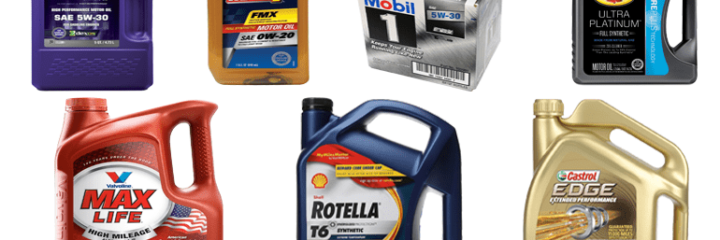
 GOLD PICK
GOLD PICK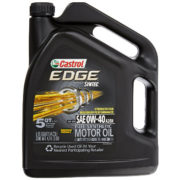
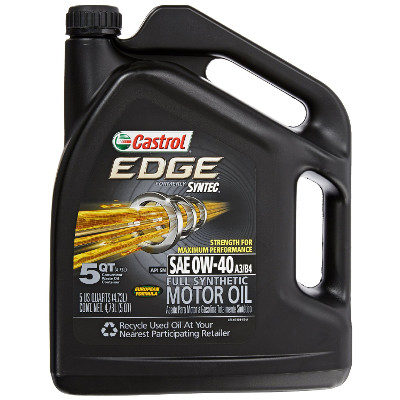
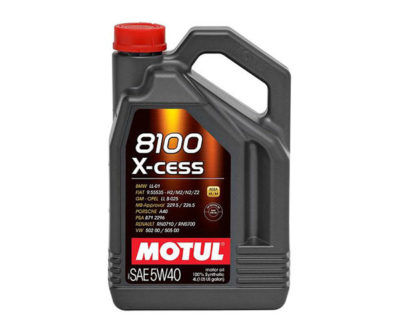
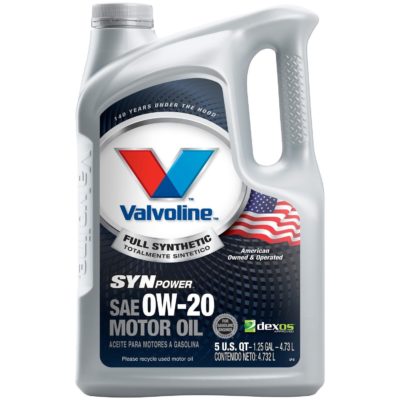
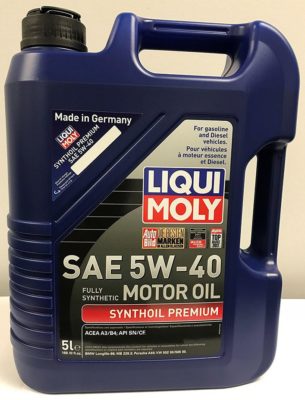
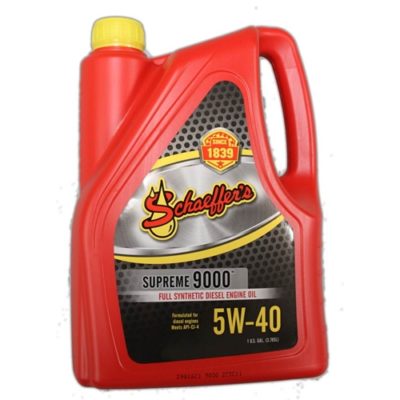
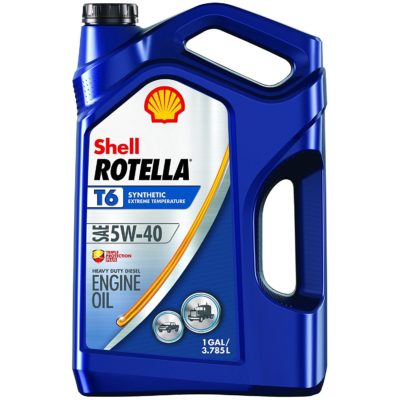
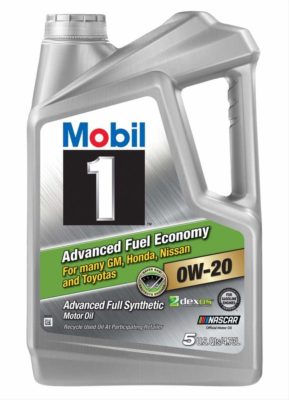

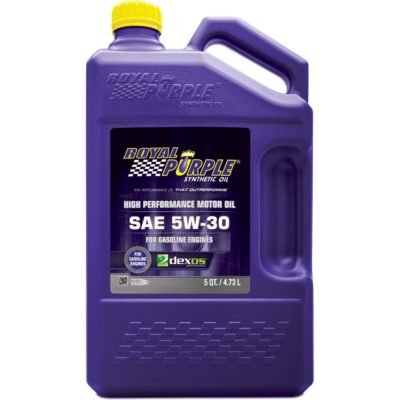
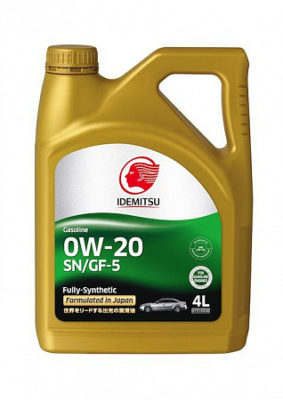








Recent Winners
Prize: AirPods Pro
Prize: iPhone 11
Prize: iPhone 11
Prize: AirPods Pro
Prize: AirPods Pro
Prize: Apple Watch Series5
Prize: Apple Watch Series5
Prize: AirPods Pro